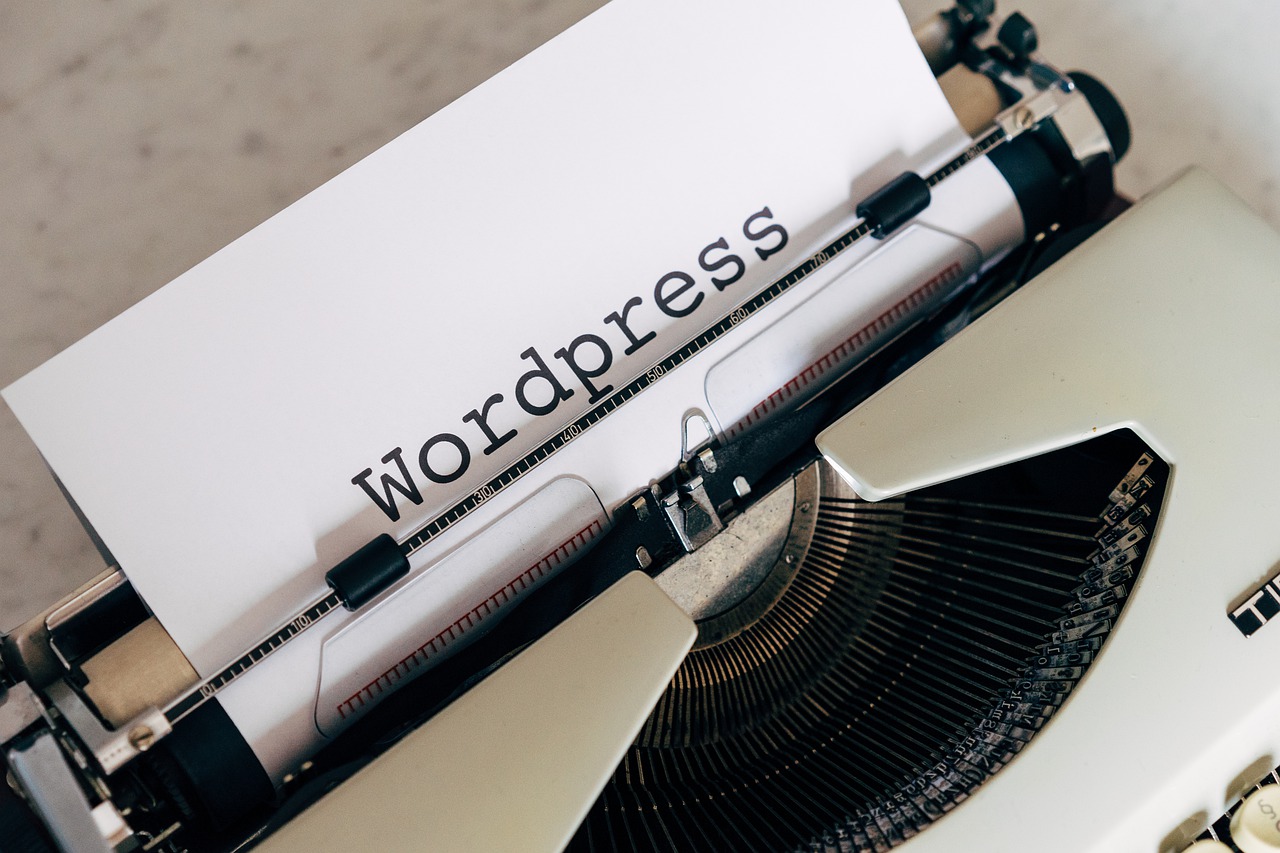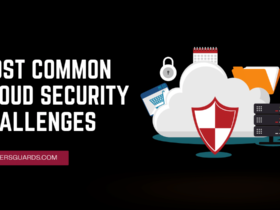Why is website security important?
Website security services protect your customers and brand reputation from being exploited. Hackers will take advantage of any opportunity to steal traffic and data from small blogs or business websites.
It is easier to take steps to protect your website than it is to deal with a compromised website. It is also a good idea to have an emergency plan in place in case of a data breach or compromise.
We encourage you to research all options and to use this guide to help you choose the right website security solution.
What does website security software protect against?
Website security protects visitors and businesses from malware infections, data breaches, and attacks. Hackers can abuse compromised websites through drive-by downloads, malicious redirects, SEO spam, and drive-by downloads. Protect visitors and web content by preventing vulnerability exploitation, brute force (password guessing), and DDoS attacks. In our 2018 Hacked Website Report, we identify some of the most common types of malware and the blocklist authorities that block visitors from visiting compromised websites.
The Features Every Website Security Platform Must Have
Each website security service provider offers different pricing and features. While some include protection and monitoring, others charge for malware removal. These are the key features you should look for in a website security service provider.
1. Security Issues
You want to be the first one to find out if your website has been compromised. A website intrusion detection system (IDS), will monitor your site continuously looking for signs of compromise (IoC). This can include malicious changes to your website files, content, and database. A website security scanner can alert you if your site is blocked by search engines, or experiencing downtime. It can also detect changes in your DNS and SSL records.
2. 2. Prevent Future Hacks
Website firewalls protect your site from brute force attacks, data breaches, and attempts to inject material into your web server. A website security system that includes a firewall will virtually patch security holes and protect server settings. You can protect your website’s integrity by detecting and blocking hacking techniques and behavior.
3. Incident Response
It is a good idea to have an incident response team ready in case your website is taken down or hacked. A hacker site can be restored quickly and easily with the help of professional security analysts. You can also trust a website security team to answer any security questions you may have about your site.
4. Disaster Recovery
It is essential to have a backup plan in place to ensure that your website remains available. Even if your website has been configured correctly, data loss can occur. If your files are damaged or overwritten, only a backup will save you. Website security providers can provide remote storage and automatic backup scheduling. They also offer easy recovery.
5. Performance Optimization
It is important to think about how website security systems might affect performance. Many website firewalls have a content delivery system (CDN), which stores copies of your website in multiple locations to make it easier for users around the world. This increases the speed of your website, keeps your visitors happy, and reduces the load on your web server.
How to choose a website security provider
- Niveau of supporting the case of an emergency, ask about the response time your website security provider can provide. Consider whether customization, setup, or troubleshooting will be required. See reviews and get a glimpse of the customer experience.
- Logging and ReportingAccess to logs and audit trails make it easier to investigate a security incident. Ask website security vendors what’s possible, how reports can be accessed, and if the platform integrates into your SIEM system.
- Compatibility and deployment you should ensure that the website security provider you select is compatible with your CMS software. This includes server resources and bandwidth allocation. When it comes to activation and deployment, it is important that you fully understand the process.
- You will need to customize the website. Your website security provider should be able to discuss your requirements for custom rule sets, load balancers, or high availability. Ask about uptime guarantees and allow listing/blocklisting as well as any other advanced security settings.
- Total cost. The price is always an important factor. Hidden costs, unexpected fees, and upgrades can all be added to the price. This is especially true for malware removal services. You should ensure that your plan includes all the features and support you require.
- Attack Protection. Website security systems should have methods to detect and prevent attacks. This includes behavior and signature analysis. Ask website security providers about false positive/negative rates, bandwidth limitations, bandwidth limitations, and global points of presence (PoP).
- SSL Support and MonitoringYou already have SSL/HTTPS installed on your website. Make sure that the website firewall supports your certificate. For users without a certificate, HTTPS is automatically enabled by the Sucuri firewall servers. You can also monitor your SSL records to see if they have changed with a good monitoring system.
- Monitoring and detection website monitoring systems should include continuous supervision of website activity logs and changes to content. Consider the reporting and alerting options offered by potential vendors. Ask potential vendors if they offer remote and server-side scanners. Also, ask if they can monitor changes in DNS records, core files, and SSL certificates.
- Industry Research. It takes constant effort to stay on top of new cybersecurity threats. Website security providers should conduct vulnerability research and malware analysis. It is also important to find out if the company is a specialist in your CMS or website software.
- Page SpeedMost providers offer a CDN, caching, and compression when activating a website firewall. These options can be adjusted to meet your website’s specific needs. These performance options enable visitors to access a cached copy of your website stored at different locations, making your website faster and more secure.















